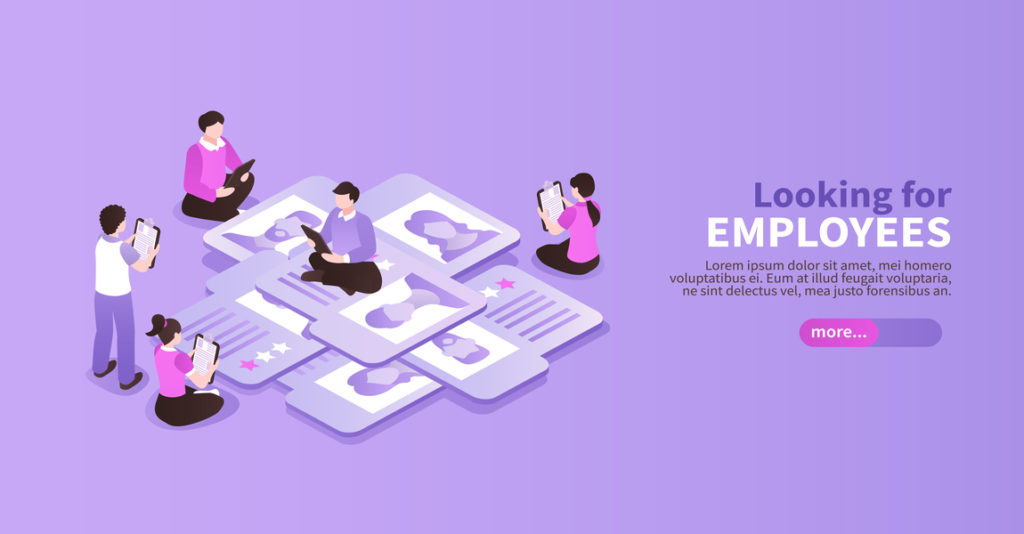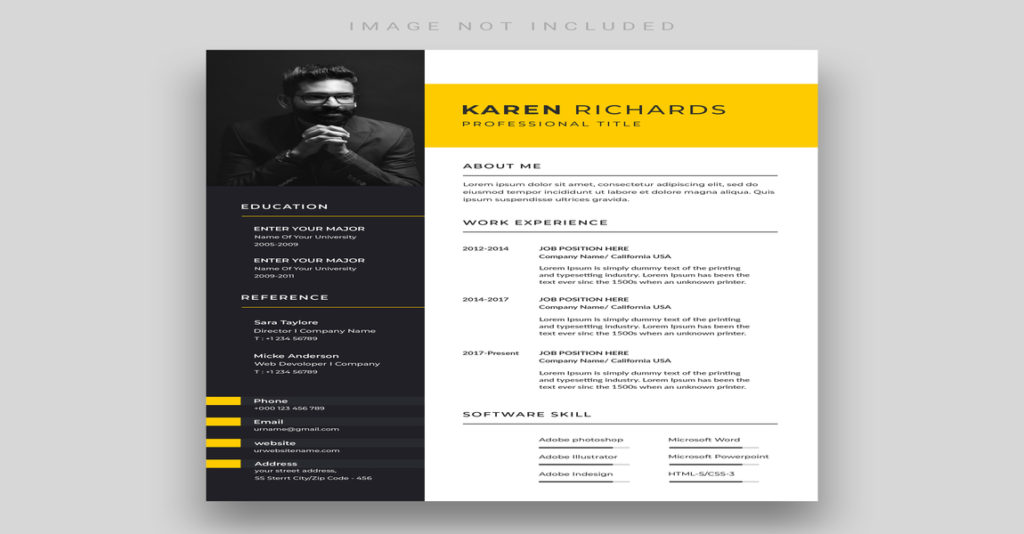How to Find a Job?

Introduction
Job hunting can be a daunting task, especially if you’re not sure where to start. The good news is, there are plenty of resources and strategies out there to help you land your dream job. In this blog post, we will explore some of the best ways to find a job that suits your skills and interests. From online resources to networking and more, read on to learn how you can make your job search as efficient and successful as possible.
The Job Hunt

The job hunt can be a daunting task, but there are some key things you can do to make it a bit easier. First, take some time to figure out what you want to do. What are your skills and interests? What kind of job would be a good fit for you? Once you have a good idea of what you’re looking for, you can start searching for jobs.
There are a few different ways to search for jobs. You can look online, in newspapers, or in job databases. You can also talk to people you know who might be able to help you find a job. If you’re not sure where to start, try looking on websites like Indeed or Monster.
Once you’ve found some jobs that interest you, it’s time to start applying. Make sure your resume is up-to-date and tailored to the specific job you’re applying for. In your cover letter, explain why you’re interested in the position and why you think you’d be a good fit. Finally, don’t forget to follow up after sending in your application!
What Kind of Job are You Looking For?

There are many different types of jobs available, and it can be difficult to know what you are looking for. The best way to find a job is to first assess your skills and interests. Once you know what you want to do, you can begin searching for a job that matches your criteria.
There are many resources available to help you find a job. The internet is a great place to start your search. You can also check with your local employment office or job center. There are also many private companies that specialize in helping people find jobs.
When you are searching for a job, it is important to be realistic about your expectations. You may not get your dream job right away, but if you keep looking and persist in your efforts, you will eventually find the right job for you.
Research your field

Research your field
When you’re job hunting, it’s important to research your field and know as much as possible about the industry you hope to work in. This will help you target your job search, network with the right people, and prepare for interviews.
To get started, take some time to read trade publications or online resources related to your field. This will give you a better understanding of the current trends and issues affecting your industry. You can also attend industry events or conferences to network with professionals in your field and learn more about what they do on a day-to-day basis.
And don’t forget to tap into your personal network! Talk to friends, family, or acquaintances who work in the same field as you. They can provide valuable insights into the job market and share their own experiences with you.
How to Find Connections that Can Help You Find a Job

When you’re looking for a job, it’s important to find connections that can help you. There are a few ways to find these connections.
First, try reaching out to your personal network. Tell your friends and family that you’re looking for a job and see if they know anyone who can help you. You’d be surprised how many people are willing to help if they know you’re looking for a job.
Second, try using social media to find connections. LinkedIn is a great platform for finding people in your industry who can help you with your job search. Follow companies and recruiters that you’re interested in and see if they have any open positions that fit your skillset.
Finally, try attending industry events or networking meetups. This is a great way to meet people who work in your industry and who might be able to help you with your job search. Attend as many events as you can and don’t be afraid to introduce yourself to new people.
Tailor your resume and cover letter

When you are applying for jobs, it is important to tailor your resume and cover letter to each position. This shows employers that you have the skills and experience they are looking for.
To tailor your resume, look at the job description and highlight the key skills and qualifications that are required. Then, make sure to include these same keywords in your resume. For example, if a job requires excellent communication skills, be sure to mention your communication abilities in your resume.
Your cover letter should also be tailored to each position. Begin by addressing the letter to the specific person who is reviewing the applications. Then, explain why you are interested in the position and how your qualifications make you the perfect candidate for the job. Again, use keywords from the job description to emphasize your fit for the position.
By taking the time to tailor your resume and cover letter, you will show employers that you are a serious candidate who is worth considering for the job.
The Interview Process

The interview process can be daunting, but there are a few things you can do to prepare and increase your chances of landing the job.
Before the interview, research the company and position, and practice your answers to common interview questions. During the interview, be sure to dress professionally, make eye contact, and speak confidently. After the interview, follow up with a thank-you note or email.
With these tips in mind, you’ll be better prepared to impress potential employers and land the job you want.
Negotiating Your Salary

When it comes to negotiating your salary, there are a few key things to keep in mind. First and foremost, do your research ahead of time and know what the going rate is for the position you’re applying for. This will give you a good starting point when it comes to negotiating.
Another important thing to remember is that you don’t have to accept the first offer that’s made. It’s perfectly acceptable to counter-offer and try to negotiate a higher salary. Just be sure to do so in a professional manner.
Finally, don’t be afraid to ask for other benefits in addition to your salary. Things like paid vacation days, health insurance, and 401k matching are all important factors to consider when deciding on a job offer. By negotiating for these things upfront, you can ensure that you’re getting the best possible deal.
Conclusion
Job hunting can be a daunting task, but with the right tools and mindset, it doesn’t have to be. Start by taking inventory of your skills and experience, then take some time to research companies and job openings that align with your interests. When you’ve found a few good possibilities, reach out to your network for help making connections. Finally, prepare for each interview by practicing your answers to common questions and thinking about what you want to say. With these tips in mind, you’ll be well on your way to landing your dream job.




